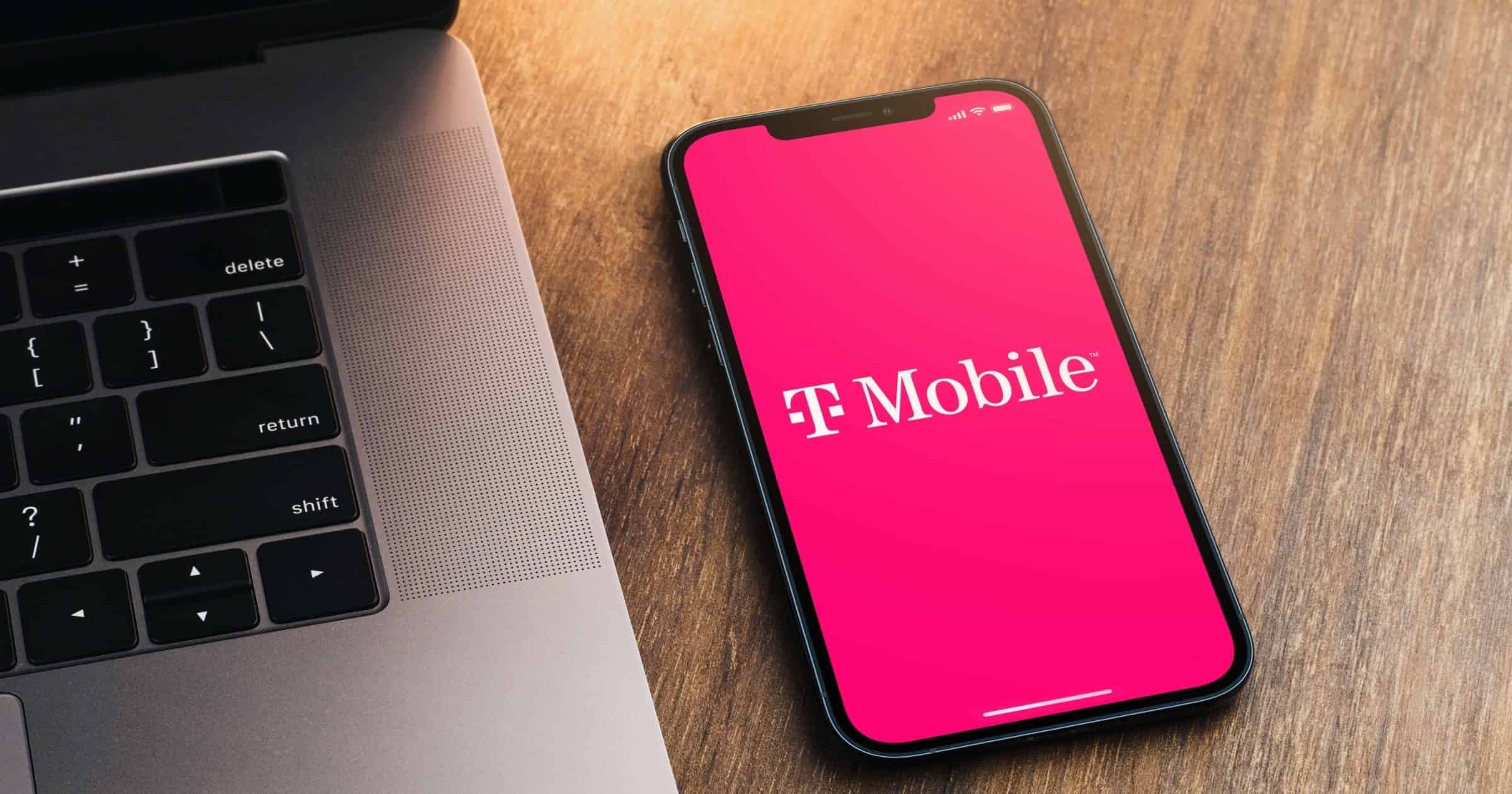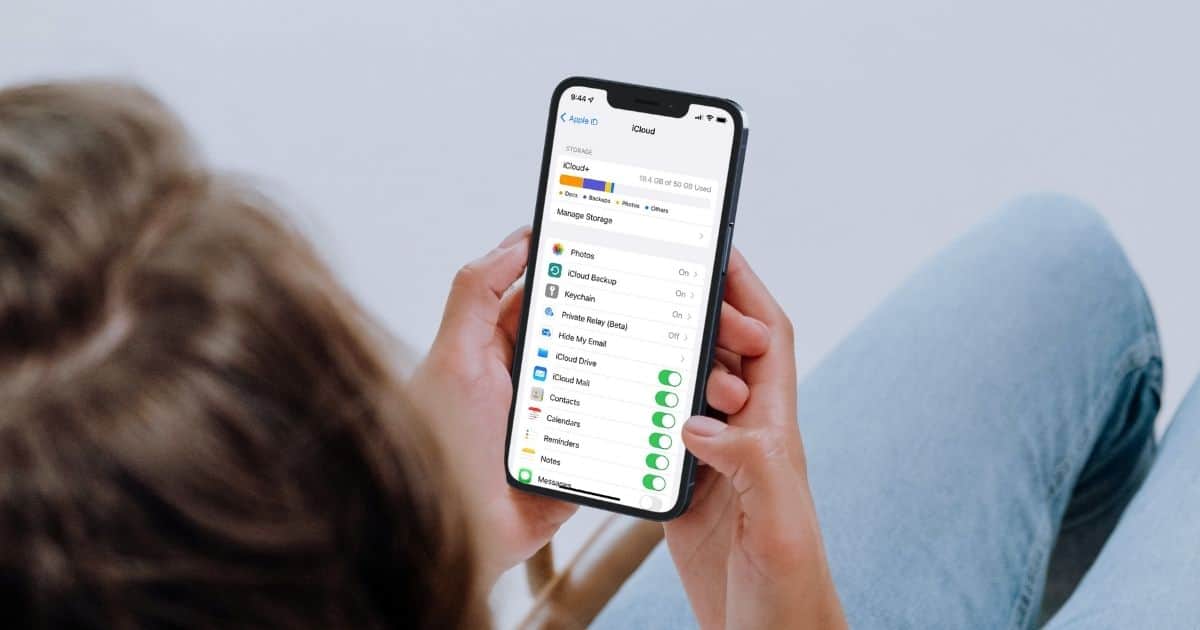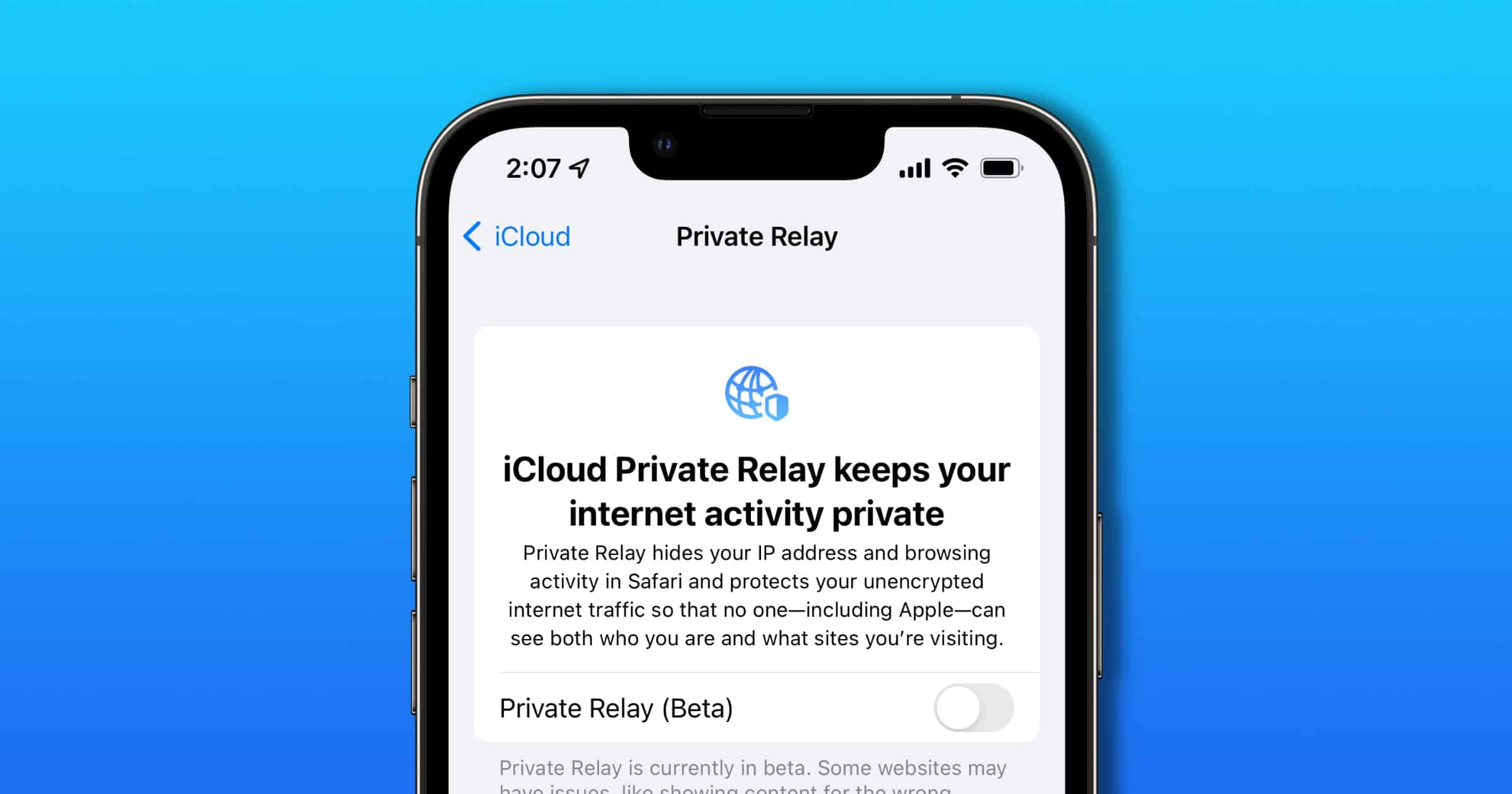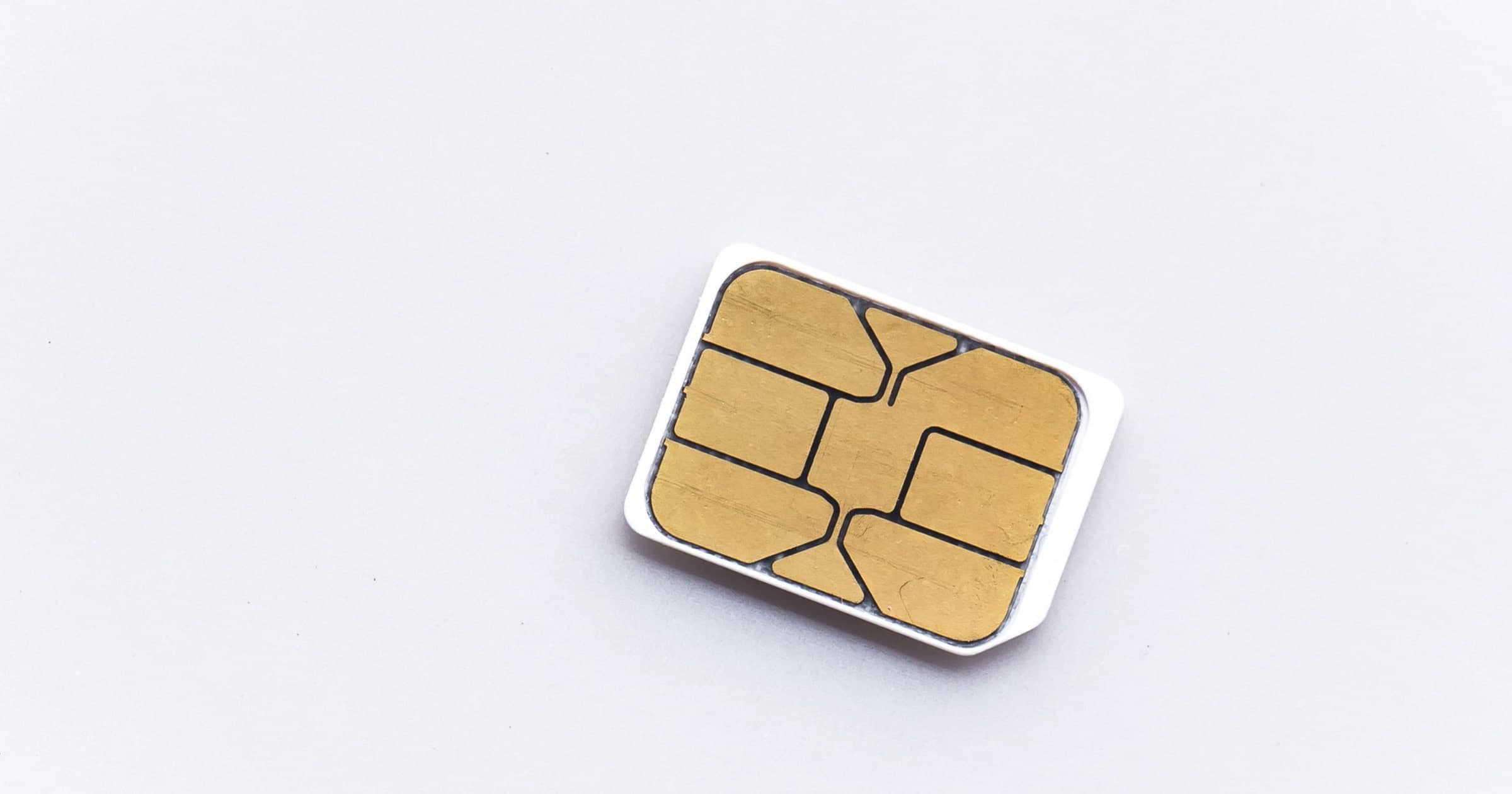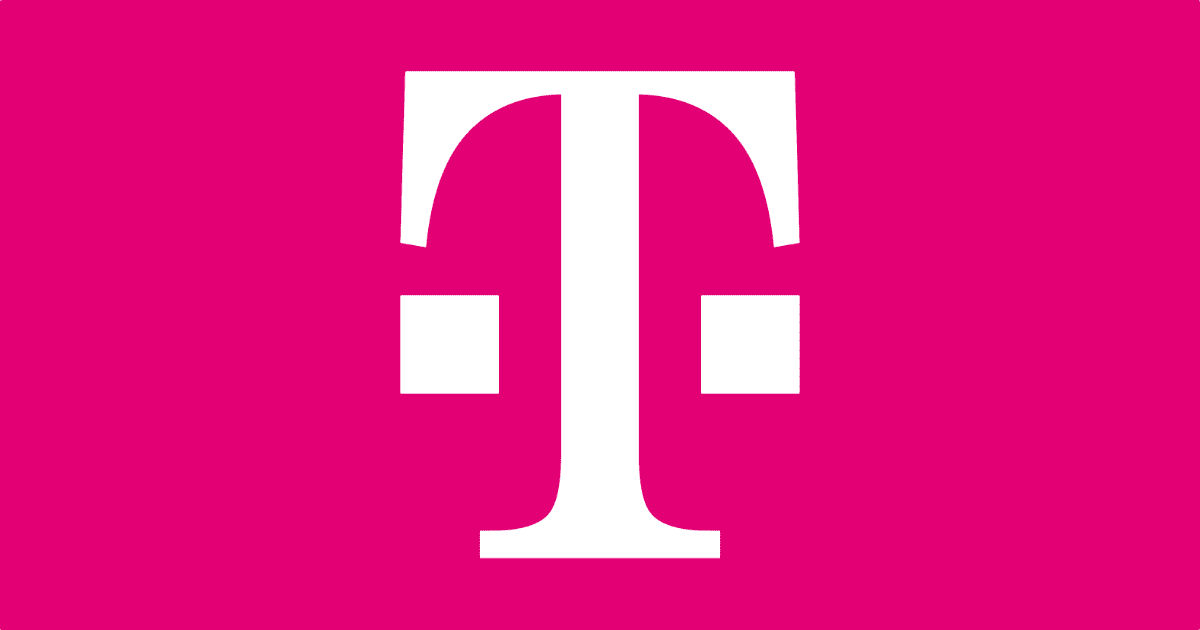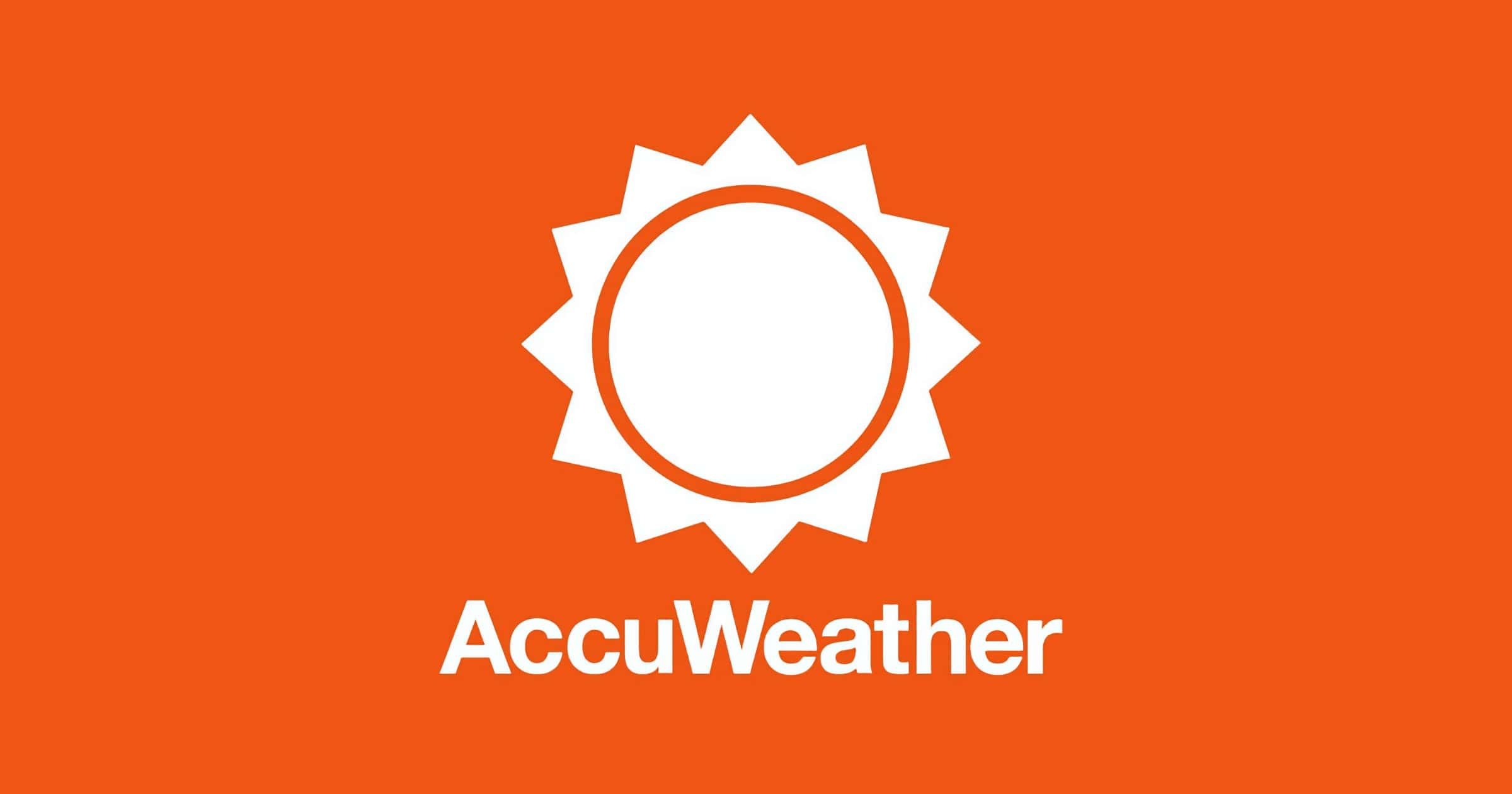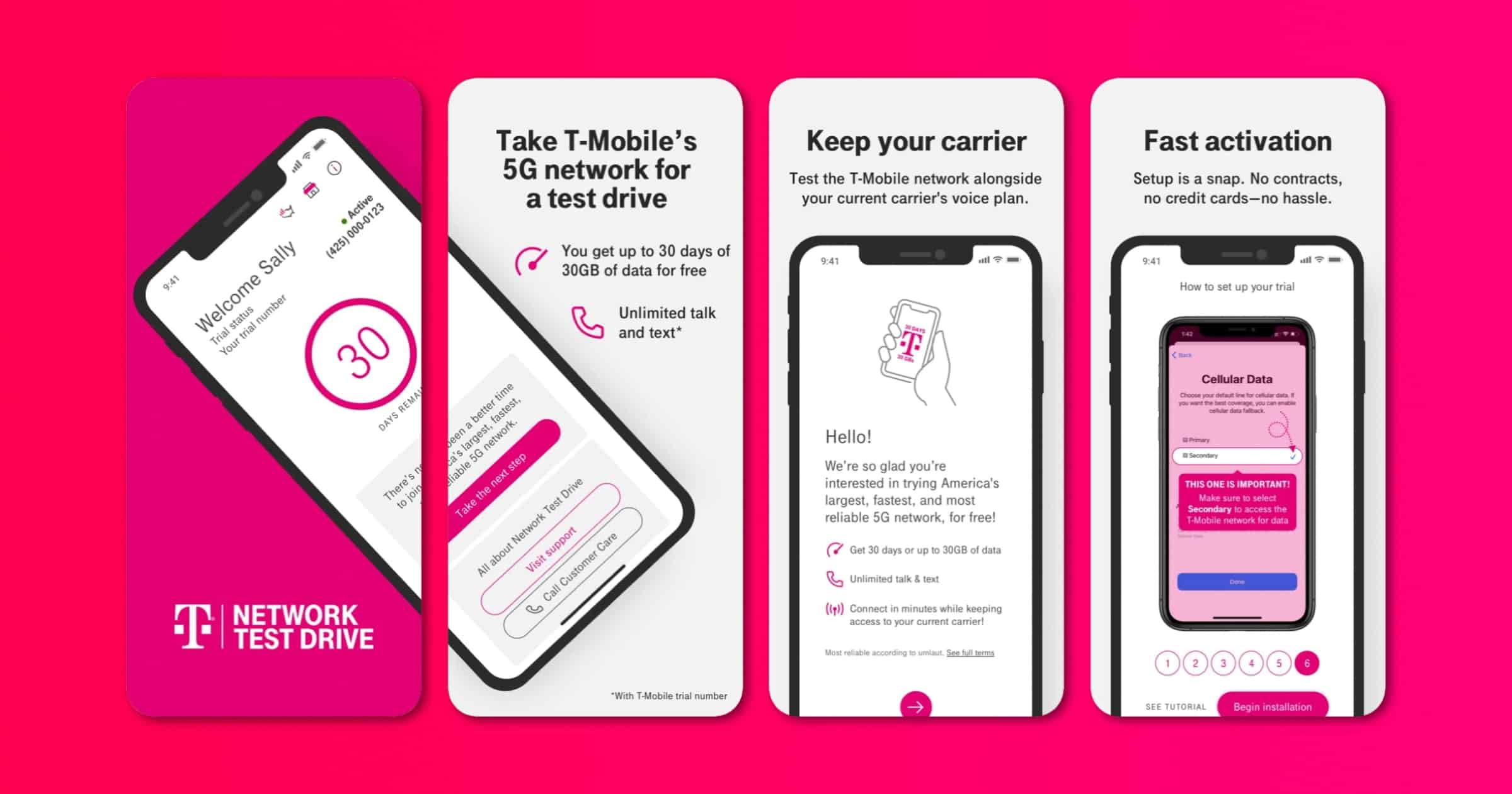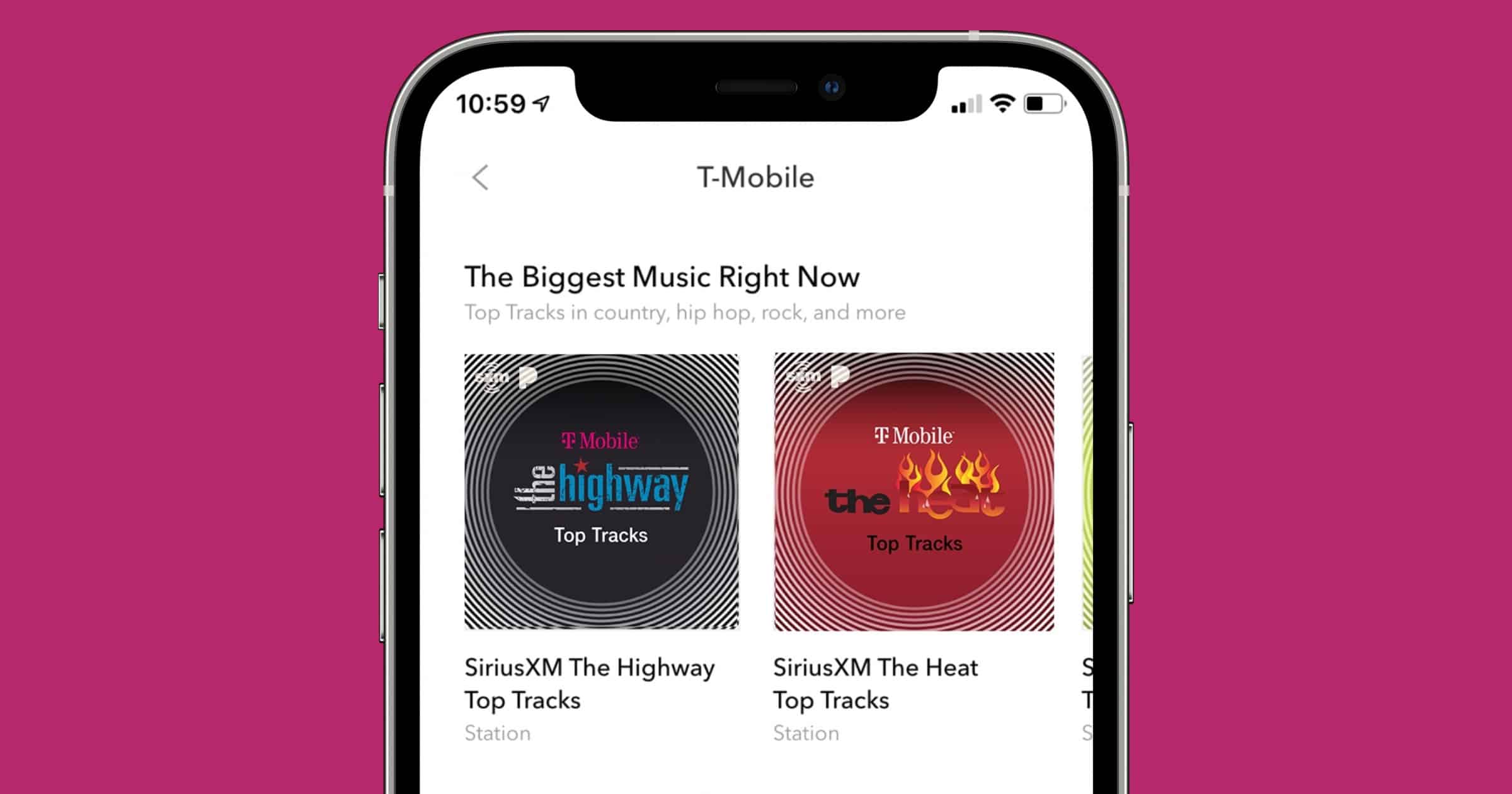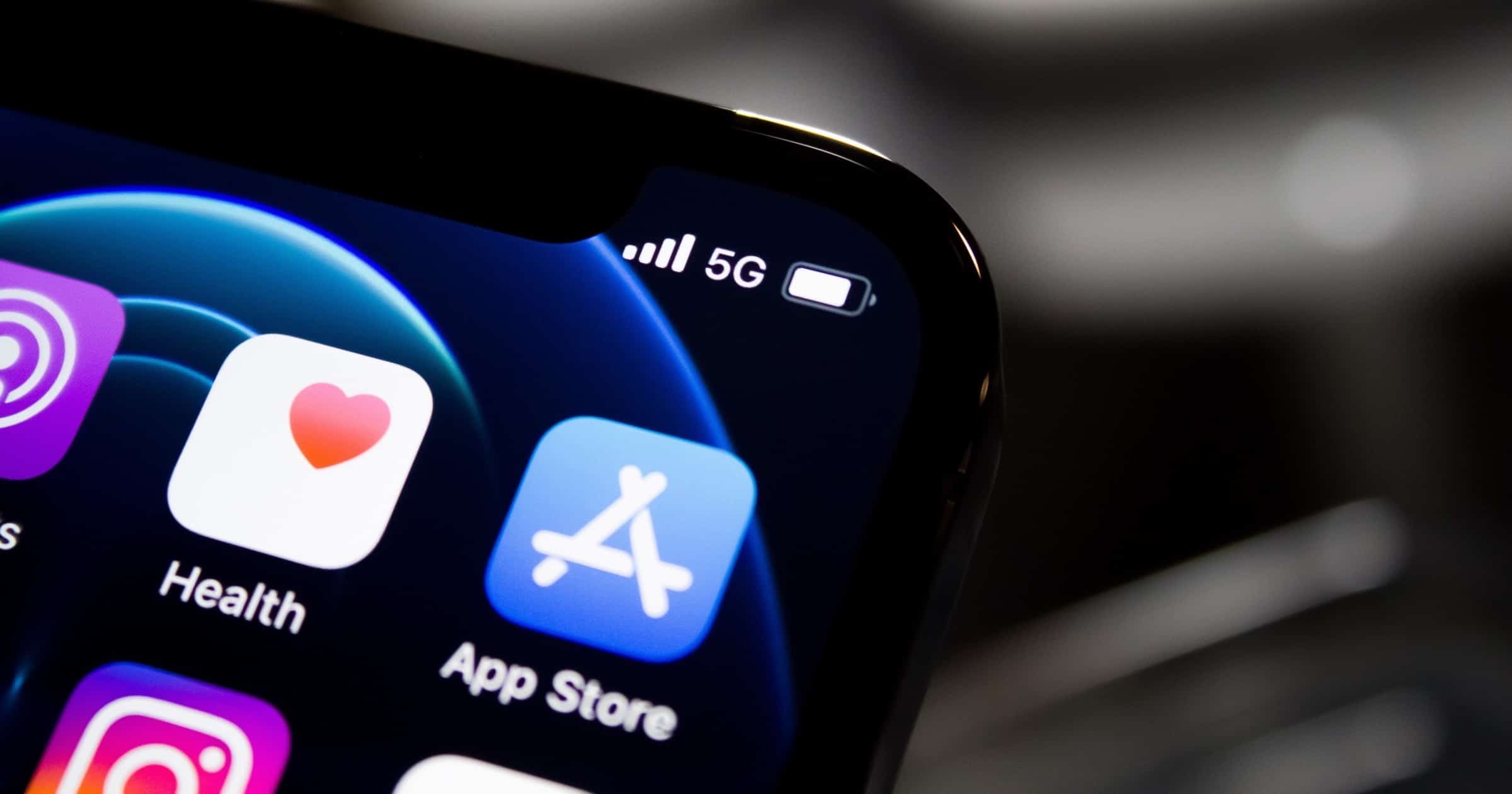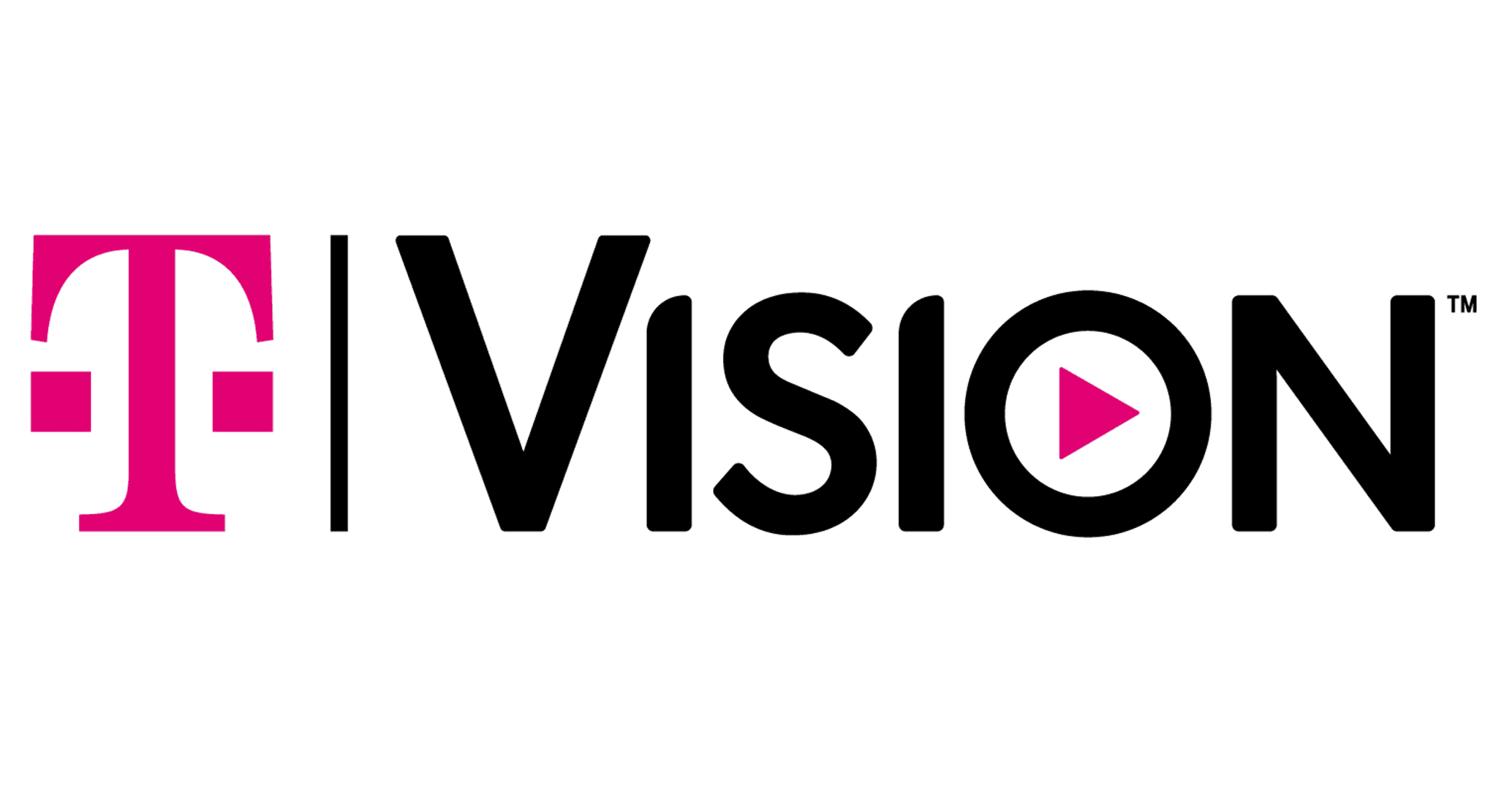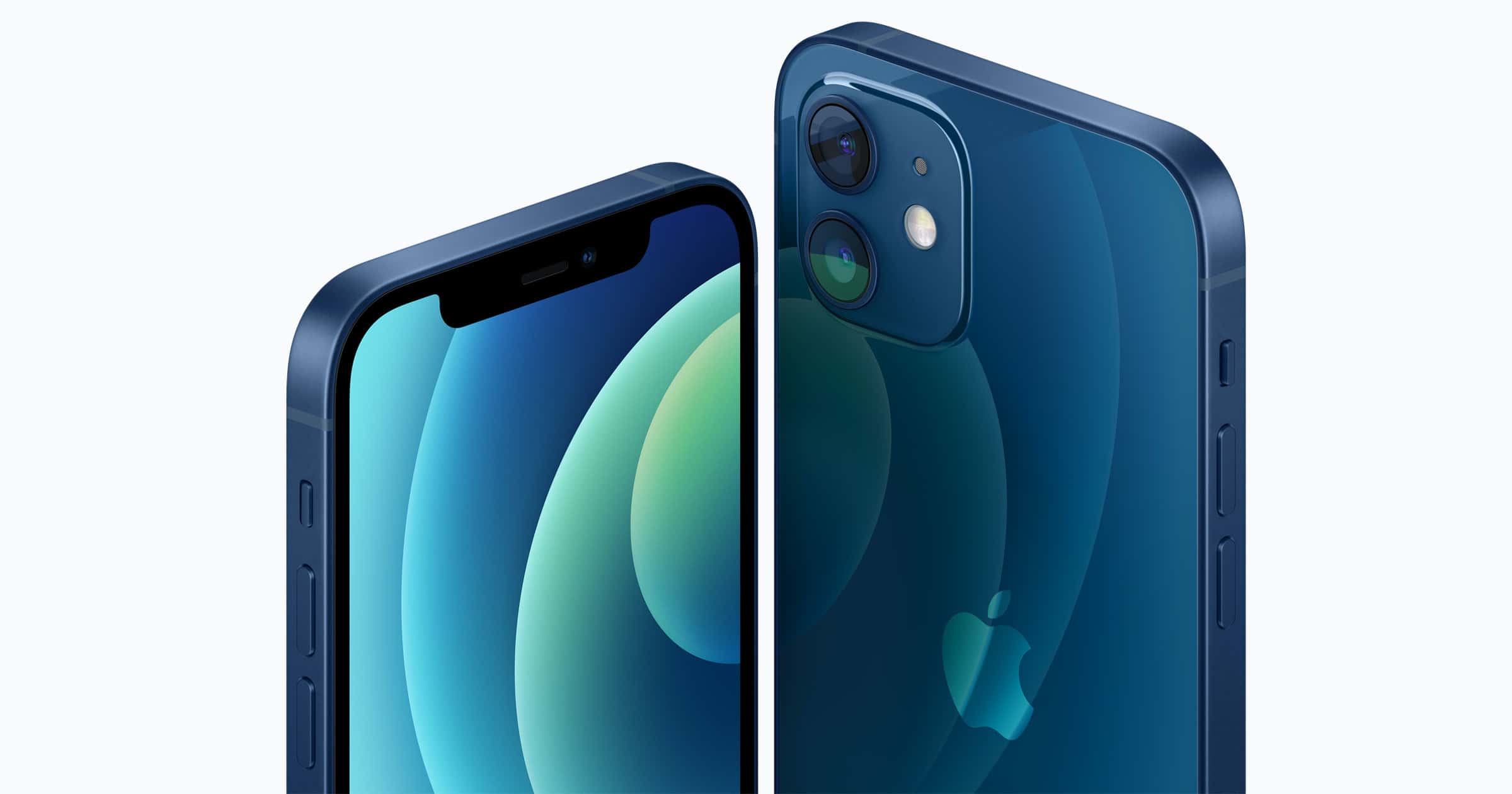T-Mobile offers free access to video streaming services that depends on what cellular plan you’re on.
T-Mobile
T-Mobile Denies Blocking iCloud Private Relay Beta
After reports that T-Mobile was blocking iCloud Private Relay for most subscribers, the carrier found a bug in iOS causing all the ruckus.
T-Mobile Blocks iCloud Private Relay for Customers in United States
It appears that carriers in the U.S. and aboard aren’t happy with iCloud Private Relay. The setting, released with iOS 15, likely interferes with surveillance of customers. A report from 9To5Mac says that T-Mobile has begun blocking the feature.
The change does not appear to be network-wide just yet, but rather it appears T-Mobile is in the process of rolling it out. This means that some users might still be able to use iCloud Private Relay when connected to their cellular network – at least for now.
Very shady behavior. I haven’t been using Private Relay because it overrides my DNS. The good news is that carriers can’t prevent you from changing your DNS settings.
T-Mobile Data Breach Leaves Customers Vulnerable to SIM Swapping
T-Mobile has had another data breach, although a report suggests this one is less severe than the one in August. Only a small set of customers have been affected, but they could be vulnerable to a SIM swapping attack.
This is where a malicious actor will change the physical SIM card associated with a phone number in order to obtain control of said number. This can, and often does, lead to the victim’s other online accounts being accessed via two-factor authentication codes sent to their phone number. The document says that customers affected by a SIM swap have now had that action reversed.
T-Mobile Offers Paramount+ Subscription Free to Customers
T-Mobile and Paramount+ are giving their customers a year of free access to the streaming service. Users need to be on a postpaid T-Mobile plan to take advantage of this promotion.
Switch to T-Mobile and Your Phone Will be Paid Off Up to $1,000
T-Mobile announced that it will pay off your remaining smartphone payments up to US$1,000 if you switch to its network.
Demystifying T-Mobile’s New “5G UC" Icon
If you noticed your iPhone 12 suddenly showing a “5G UC” icon, that’s actually a good thing. Jeff Butts explains what it means.
AccuWeather Creates Alert System Exclusively for T-Mobile Customers
AccuWeather announced a new alert system called AccuWeather Alerts. Exclusively for T-Mobile customers, it pushes severe weather alerts for iPhones and Androids.
With this newly developed system, T-Mobile customers can received Up to the Minute alerts that read “Severe Weather Potential,” “Severe Weather Threat,” and “Dangerous Weather Imminent!” on their iOS or Android mobile phones for free. Integrated into AccuWeather’s award-winning app, these alerts provide details on upcoming and developing severe weather events, including notifications for hurricanes, snow, tornadoes, flooding, hail, heatwaves, cold waves and other types of threatening weather.
Speed Tests Reveal the Fastest Mobile Network in the United States
In its twelfth annual network test, PCMag traveled over 10,000 miles across the U.S. to test the speeds of mobile networks AT&T, T-Mobile, and Verizon.
T-Mobile Offers 12 Months Free Apple TV+ After Serious Data Breach
T-Mobile has an offer for Magenta and Magenta Max subscribers. They can get a free year of Apple TV+ just days after the carrier revealed its latest data breach.
(Update) T-Mobile Customer Data for Sale Affecting Over 100 Million People
A person in an online forum is offering data for sale that they claim comes from T-Mobile servers. The carrier says it is investigating the accuracy of this alleged breach.
The data includes social security numbers, phone numbers, names, physical addresses, unique IMEI numbers, and driver licenses information, the seller said. Motherboard has seen samples of the data, and confirmed they contained accurate information on T-Mobile customers.
Update: T-Mobile has issued a statement confirming the breach.
Try Out T-Mobile's Network For Free With eSIM
T-Mobile is offering iPhone users a new way to test drive its network by downloading an app that installs an eSIM.
T-Mobile. Launches 5G Home Internet for $60 per Month
T-Mobile’s 5G Home Internet service will provide customers with unlimited high-speed internet for US$60/month.
T-Mobile Completes Rollout of Anti-Spam ‘STIR/SHAKEN’ Technology
T-Mobile announced on Thursday that it completed the rollout of its anti-spam STIR/SHAKEN technology.
T-Mobile Partners With Pandora, SiriusXM on Streaming for Customers
T-Mobile announced on Wednesday that it’s teaming up with Pandora and SiriusXM to offer its customers exclusive streaming benefits.
T-Mobile Announces New ‘Magenta MAX’ 5G Plan
T-Mobile announced on Monday the release of its new Magenta MAX 5G plan. It includes 40GB of mobile hotspot.
Magenta MAX delivers unlimited Premium Data — 4G and 5G — on your smartphone. That means you can’t be slowed down based on how much you use. Plus, Magenta MAX is made for video streaming with UHD (ultra-high definition) streaming up to 4K resolution and Netflix on Us on all MAX plans, now including single line customers. And Magenta MAX comes with the industry’s most generous smartphone mobile hotspot at 40GB of high-speed data included for consumers.
Latest T-Mobile Data Breach Exposes Customer Data
The latest T-Mobile data breach (this is the third time and the second breach in 2020) has affected an estimated 200,000 people.
The data accessed did NOT include any names associated with the account, financial data, credit card information, social security numbers, passwords, PINs or physical or email addresses. The information that was accessed may have included phone numbers, number of lines subscribed to and in a small number of cases some call-related information collected as part of normal operation and service.
T-Mobile First Carrier to Enable 988 For Mental Health Services
T-Mobile has become the first carrier to enable the 988 number for mental health services, The Verge reported. If its customers dial that number, they will be connected to the National Suicide Prevention Lifeline (NSPL).
T-Mobile says it is the first carrier in the US to make 988 available to its customers. T-Mobile chief technology officer Abdul Saad said in a statement that making the shorter emergency number available to customers was “a matter of urgency for us, particularly as the COVID-19 pandemic continues and the holiday season approaches.” In 2019, the FCC released a report suggesting a three-digit hotline number would make it easier for those seeking help. The FCC voted unanimously in July to make 988 the number to connect to the NSPL hotline, and it gave carriers until July 2022 to put it into effect. However, the 988 number isn’t able to receive text messages, which FCC commissioner Jessica Rosenworcel said at the time was problematic. She noted that voice service is “not native for most young people.”
T-Mobile Expands its Mid-Band 5G Network Coverage
T-Mobile announced on Wednesday that it expanded its mid-band 5G network coverage and plans to reach 100 million people by the end of the year.
Get Apple TV+ Free For a Year With T-Mobile's New TVision Service
T-Mobile has announced its new cord-cutting option, TVision, and subscribers can get Apple TV+ free for a year and an Apple TV 4K for $99.
Verizon And AT&T Customers Get a $30 Discount on iPhone 12
The price of the iPhone 12 and mini in the U.S. is $30 more if you’re not buying it through Sprint or Verizon or AT&T.
Apple and T-Mobile Give 1 Million iPads to California Students
Apple and T-Mobile are partnering with the California Department of Education to give up to one million iPads to students in need.
T-Mobile Now Supports Apple Pay for Paying Bills
T-Mobile added Apple Pay as an option for customers to pay their bills with, available on its website and in the app.
T-Mobile Switches on its 600MHz 5G Network
T-Mobile turned its 600MHz 5G network on, but no one can use it until 5G-capable smartphones are released, like two this Friday.
The “nationwide” 5G deployment relies on a slower form of 5G, using T-Mobile’s 600MHz spectrum. This “low-band” 5G essentially takes airwaves like the ones used for LTE and bundles them together with some new technology to deliver faster speeds.
T-Mobile doesn’t offer specifics on what kind of speeds you’ll see on the new network, and the actual improvements will vary a lot by location. “In some places, 600 MHz 5G will be a lot faster than LTE. In others, customers won’t see as much difference.”
